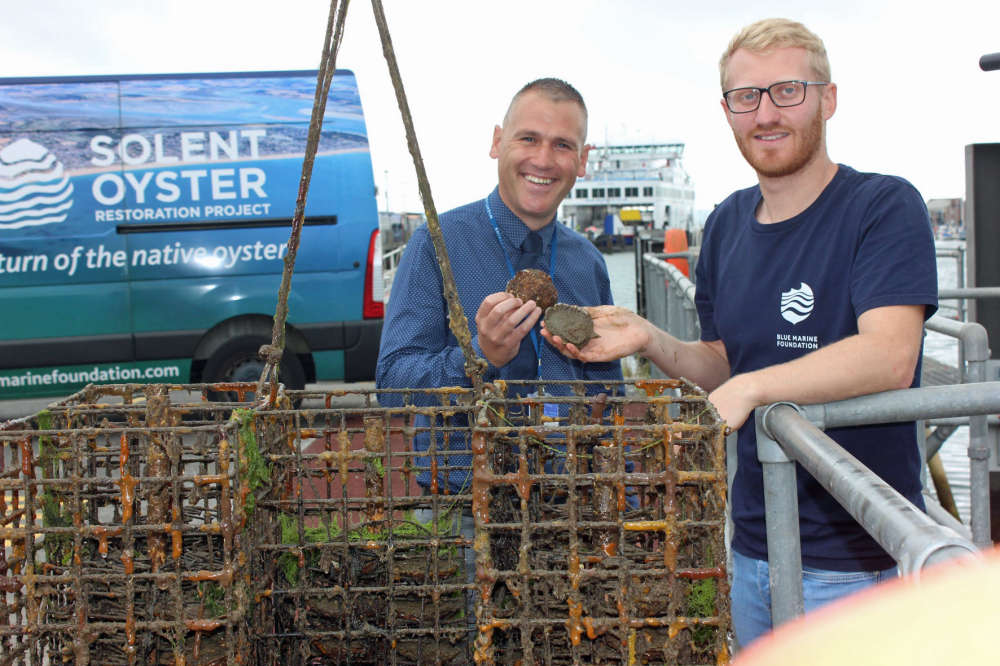
Almost 120 million oyster larvae are being released into the Lymington River - as part of a new environmental project on the Isle of Wight.
The recent bivalve baby boom is the product of a colony of 300 oysters introduced to Wightlink’s terminal at Lymington as part of ongoing work with scientists at the Blue Marine Foundation, the University of Portsmouth and the University of Southampton.
While only a fraction of the larvae will go on to reach adulthood, the natural cycle of the colony nevertheless plays an important part in supporting the nearby ecosystem.
The ferry company is also working with the Blue Marine Foundation, the Zoological Society of London and the University of Portsmouth to record the native oyster population in the waters off the Isle of Wight.
Both projects are part of Wightlink’s green initiative, aimed at reducing its carbon footprint and operating in harmony with the Solent’s marine environment.
Dr Luke Helmer, Restoration Science Officer at the Blue Marine Foundation said:
“Oyster reefs are important as they filter the water, reducing the impacts of excess nitrogen, stabilise sediment, enhance fish production and also provide habitats for hundreds of species
“Tragically, reefs have declined by 95% around the UK’s coastline and their critical inputs have been lost from the environment. In order to increase the number of breeding oysters within the Solent, we have been working with Wightlink and other partners to create high density populations which release millions of larvae.
“The new colonies, suspended in nurseries underneath pontoons, have been shown to provide a refuge for other marine life. Up to 130 different species having been found living within the colonies so far, including critically endangered European eel, juvenile spiny seahorse and sea bass.”
Wightlink Chief Executive Keith Greenfield added:
“As we cross the Solent almost a thousand times a week, we want to make a real contribution to enhancing the environment beneath the waves. We are fortunate to be operating in an area that has a wealth of scientific know-how to help us to do that. These experts are helping us to make sure what we do really does have a positive impact on the Solent’s diverse ecology.”

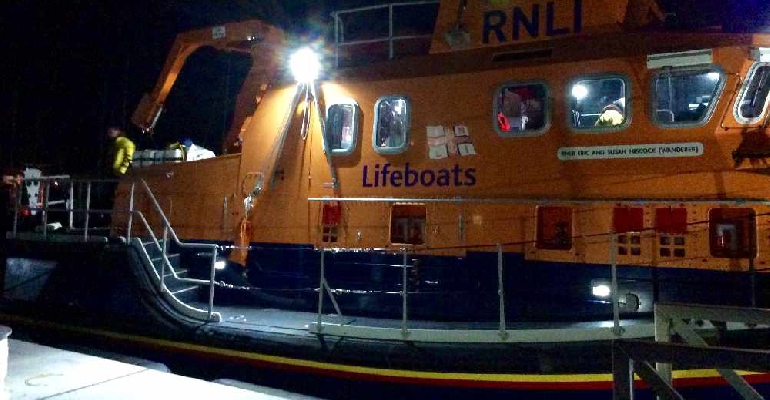 Engine Problems Lead To Yarmouth RNLI Callout To Osborne Bay
Engine Problems Lead To Yarmouth RNLI Callout To Osborne Bay
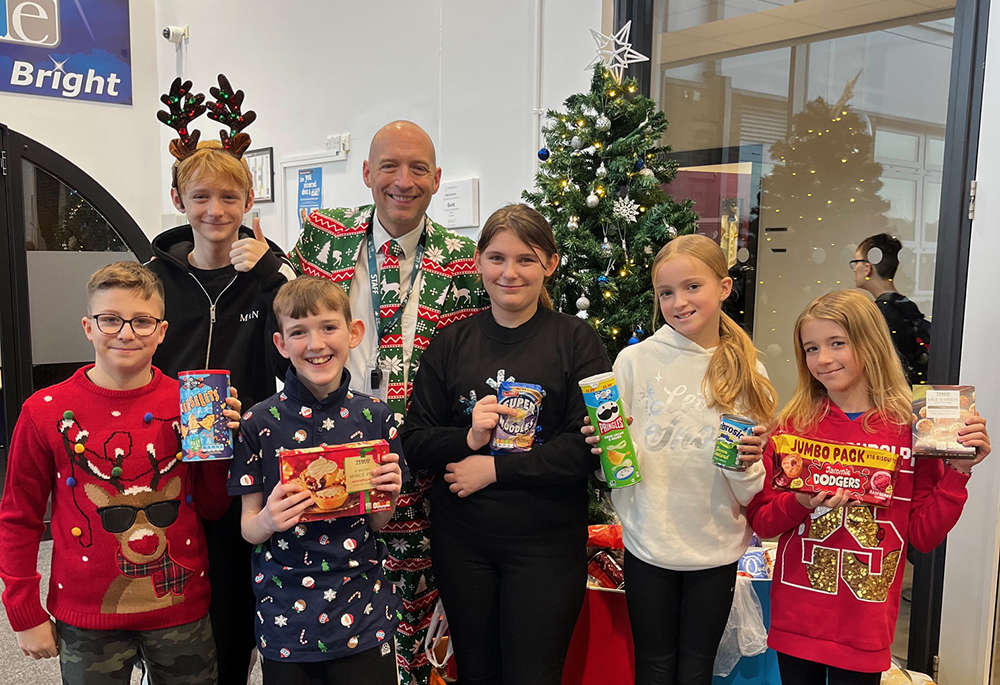 Ryde Academy Students Donate To Two Worthy Causes At Christmas
Ryde Academy Students Donate To Two Worthy Causes At Christmas
 Road Improvement Works To Get Underway From The Very Start Of The New Year
Road Improvement Works To Get Underway From The Very Start Of The New Year
 Isle of Wight Youth Trust Benefits From Big Give Support
Isle of Wight Youth Trust Benefits From Big Give Support
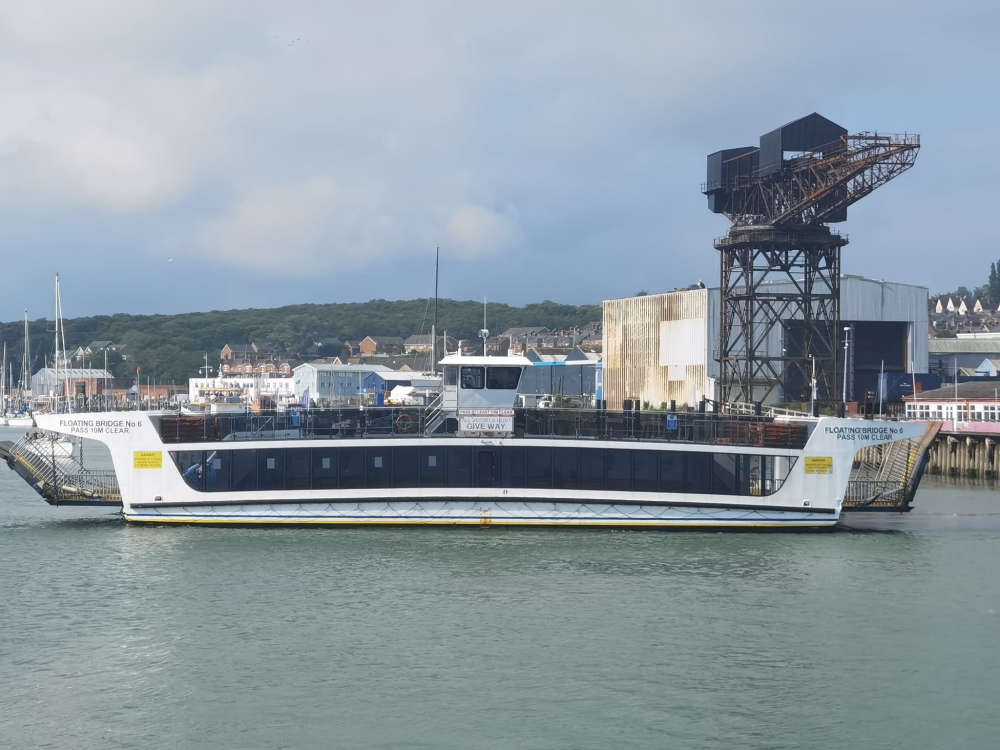 Council Chair 'Furious' Over Floating Bridge Replacement Fiasco
Council Chair 'Furious' Over Floating Bridge Replacement Fiasco
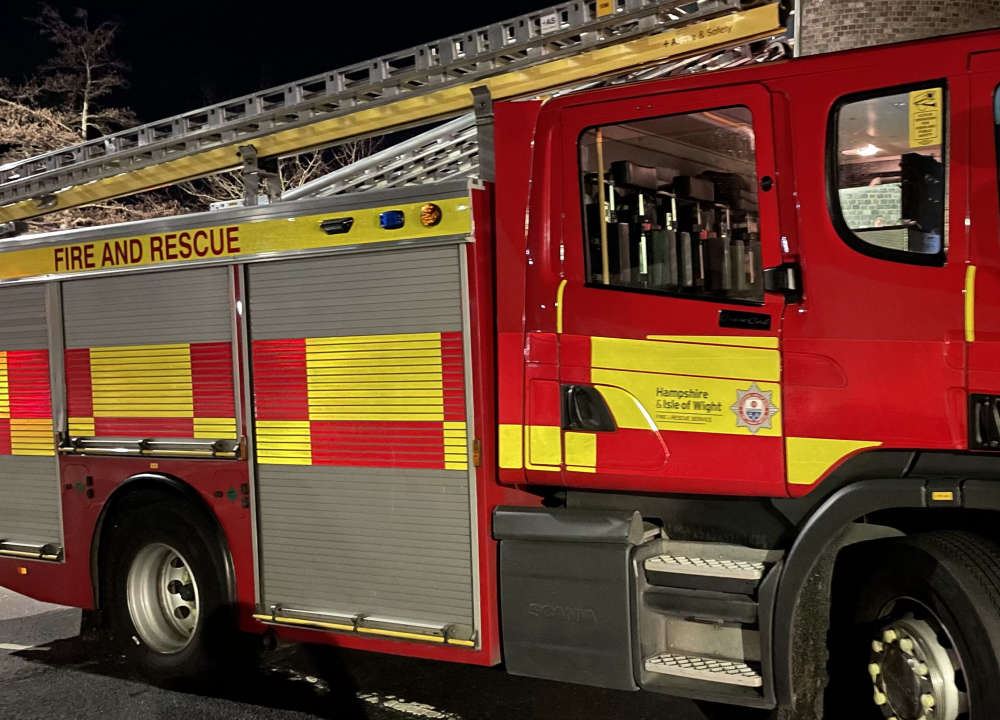 Fire Service Travel To Island Contributes To Huge Budget Overspend
Fire Service Travel To Island Contributes To Huge Budget Overspend
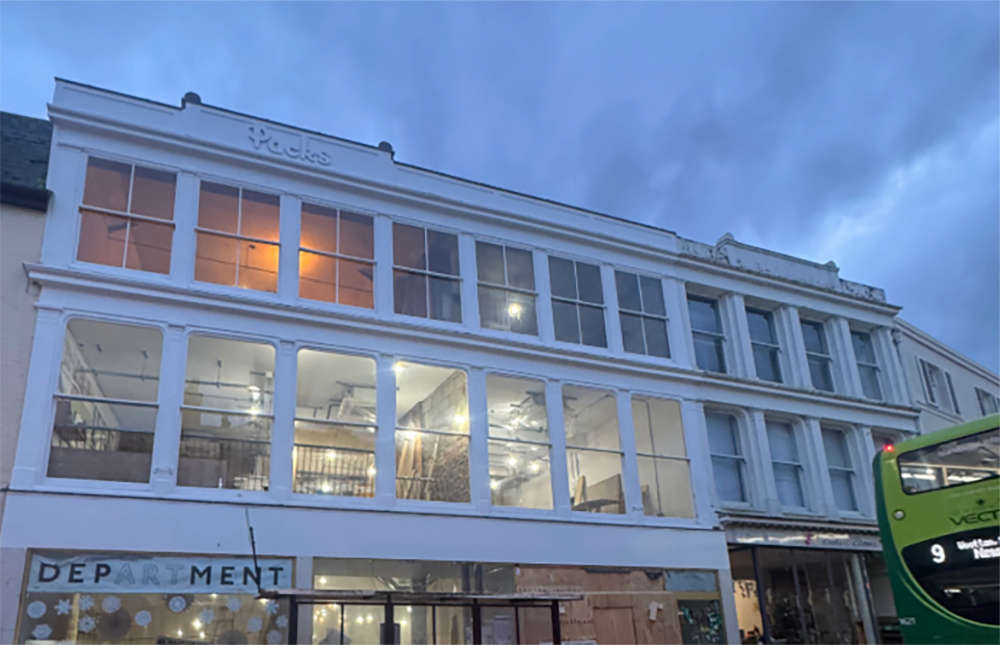 Department Approaching Completion In Ryde As Opening Date Announced
Department Approaching Completion In Ryde As Opening Date Announced
 Guidance Issued Over Sharps Disposal As Waste Teams At Risk
Guidance Issued Over Sharps Disposal As Waste Teams At Risk
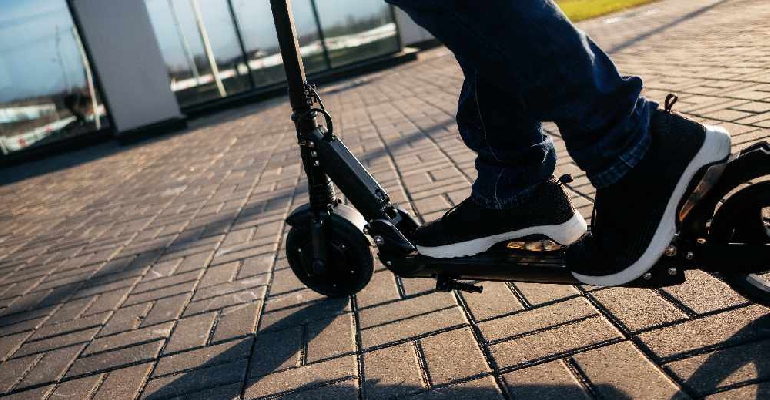 Police Warnings Over E-Scooters Ahead Of Christmas Day
Police Warnings Over E-Scooters Ahead Of Christmas Day
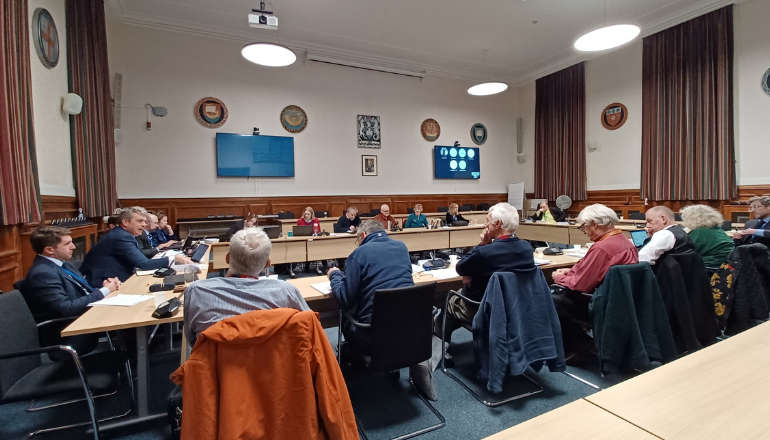 Controversial Freshwater Housing Proposal Turned Down
Controversial Freshwater Housing Proposal Turned Down
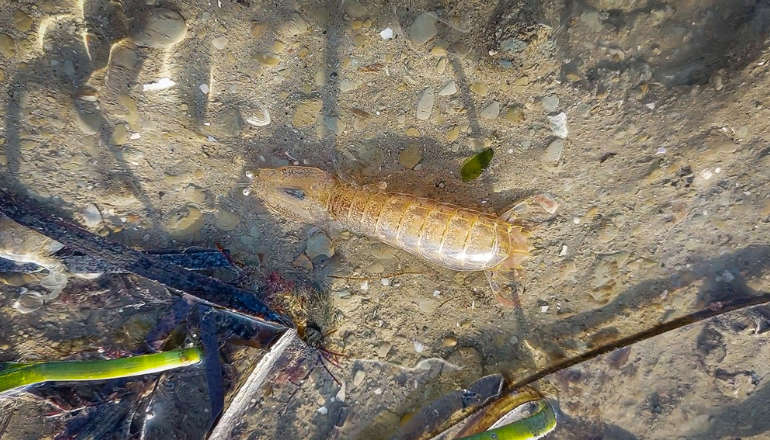 Rare Mantis Shrimp Discovery Made In Waters Off Isle Of Wight
Rare Mantis Shrimp Discovery Made In Waters Off Isle Of Wight
 Man In 50s Confirmed Dead Following Newport Crash
Man In 50s Confirmed Dead Following Newport Crash
 Pedestrian In Hospital With Serious Injuries Following Early Morning Motorcycle Crash
Pedestrian In Hospital With Serious Injuries Following Early Morning Motorcycle Crash
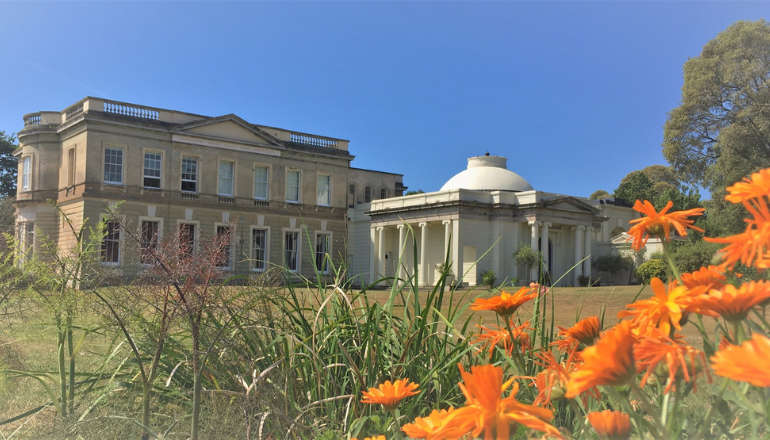 Cowes Stately Home To Have Facilities Upgraded As Part Of Approved Renovation
Cowes Stately Home To Have Facilities Upgraded As Part Of Approved Renovation
 Ofsted Deliver Glowing Report For 'Welcoming' And 'Highly Ambitious' Island Primary School
Ofsted Deliver Glowing Report For 'Welcoming' And 'Highly Ambitious' Island Primary School
 Help Available For Islanders To Cut Energy Bills
Help Available For Islanders To Cut Energy Bills
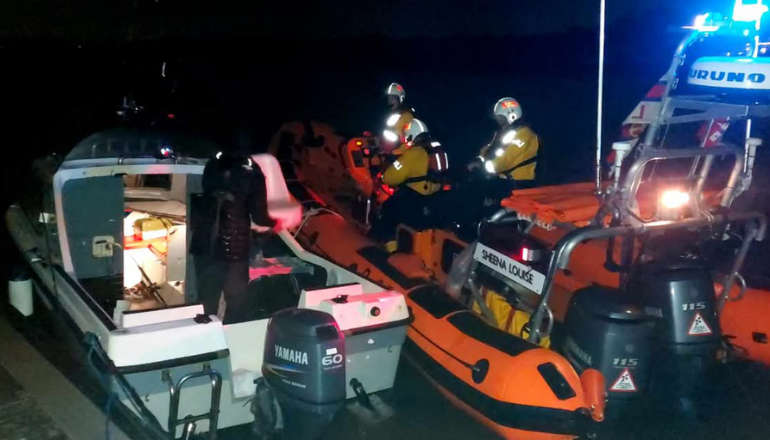 Cowes Lifeboat Performs Mid-Solent Rescue Of Fishing Boat
Cowes Lifeboat Performs Mid-Solent Rescue Of Fishing Boat
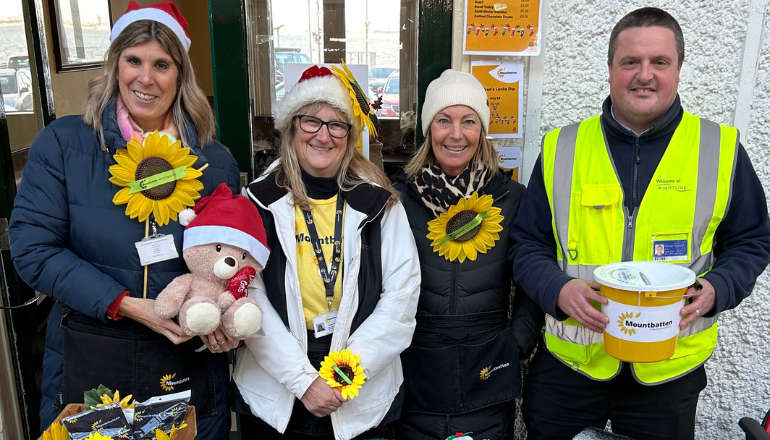 Christmas Shopping With A Difference In Ryde – Half A Mile Out To Sea!
Christmas Shopping With A Difference In Ryde – Half A Mile Out To Sea!
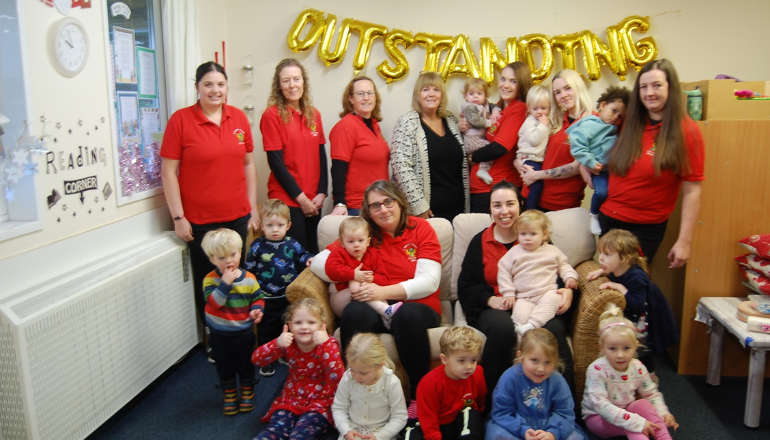 Home-From-Home' Nursery Given 'Outstanding' Ofsted Grade
Home-From-Home' Nursery Given 'Outstanding' Ofsted Grade


